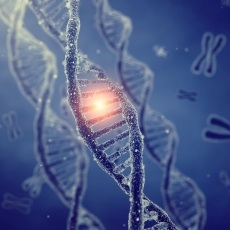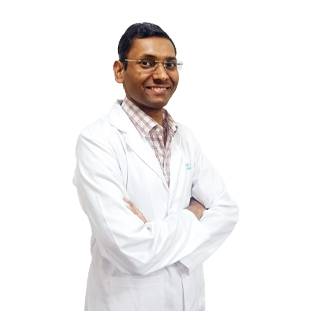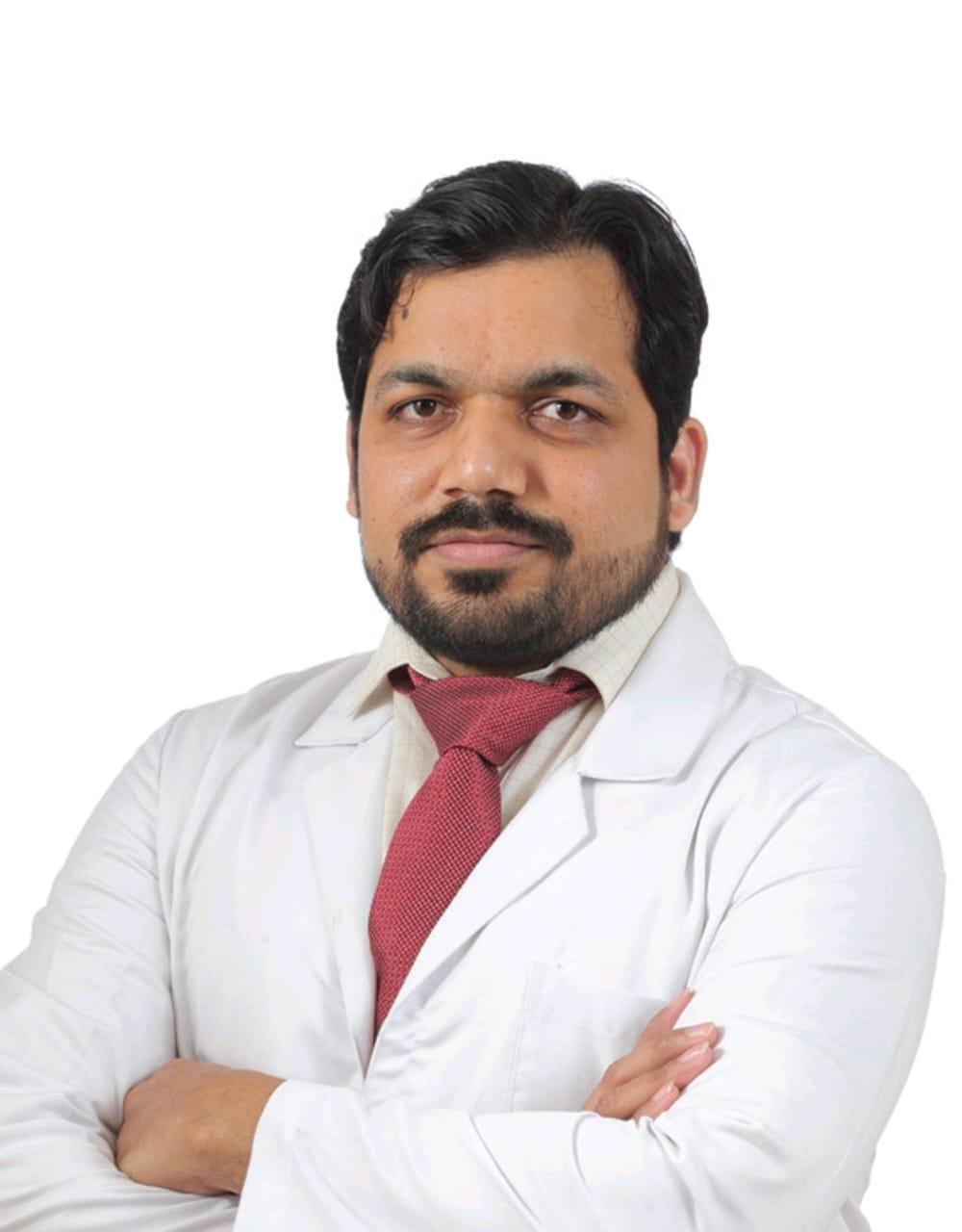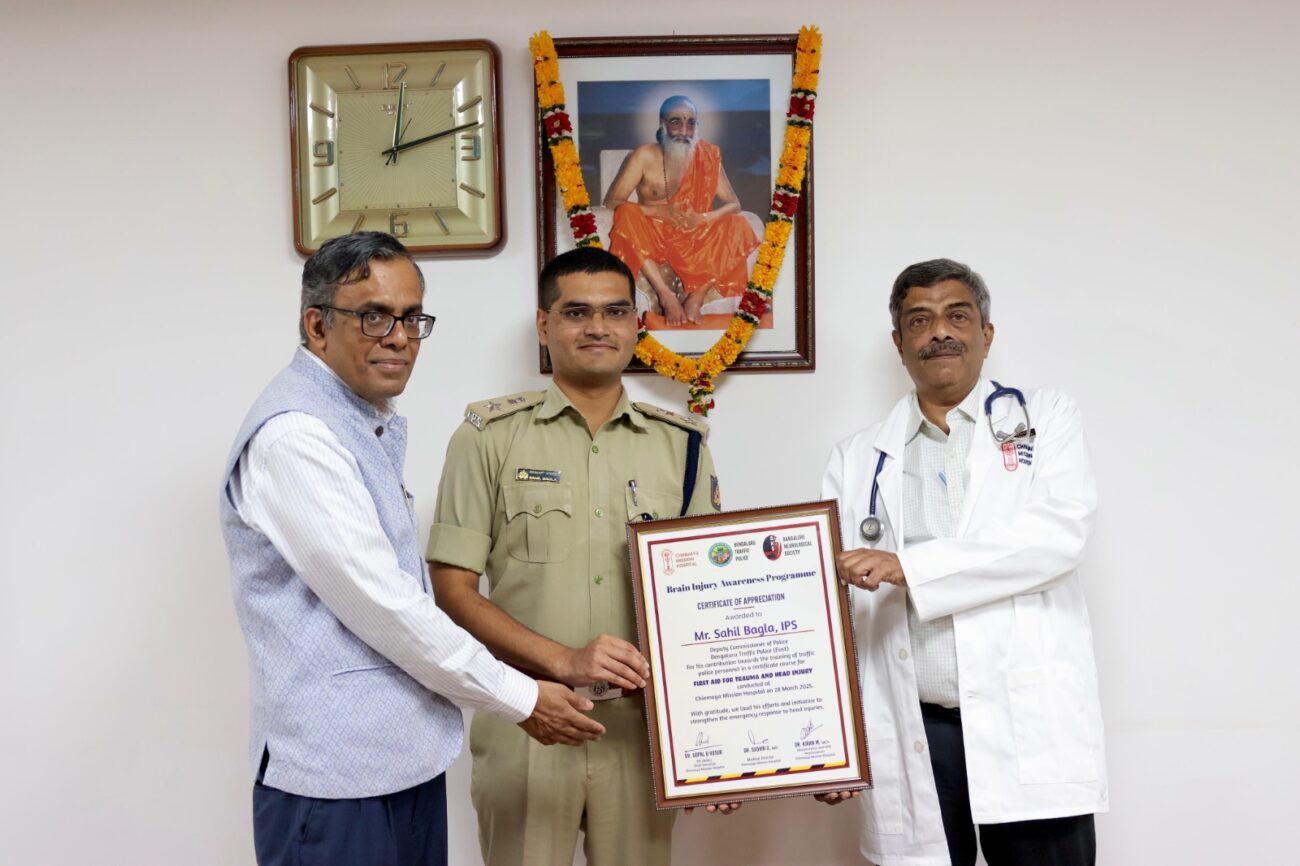Takeda pledges support to HAE patients through its ‘Sunrise patient support program’
Sunrise is built on four elements i.e., Awareness, Screening & Diagnosis, Treatment, and Maintenance Support Availability of a toll-free help line number 1800 103 4260 to provide coordination & counselling support for patients The initiative

- Sunrise is built on four elements i.e., Awareness, Screening & Diagnosis, Treatment, and Maintenance Support
- Availability of a toll-free help line number 1800 103 4260 to provide coordination & counselling support for patients
- The initiative aims to drive HAE awareness through patient education, and timely diagnosis through free of cost diagnostics as the key growth drivers to address priority unmet needs
Takeda Biopharmaceuticals India Private Limited (formerly known as Baxalta Bioscience India Pvt. Ltd.), a global values-based, R&D-driven biopharmaceutical leader has launched its ‘Sunrise Patient Services Program (PSP)’ for Hereditary Angioedema (HAE) patients in India.
HAE is a life-threatening rare genetic disease that affects various parts of the body, such as limbs, hands, feet, genitals, abdomen face, and throat. In addition, patients often have bouts of excruciating abdominal pain, nausea and vomiting that is caused by swelling in the intestinal wall. Airway swelling is particularly dangerous and can lead to death by asphyxiation. [i]
What is Sunrise PSP?
Sunrise is a patient support program and as the name suggests, the goal is for the sun to rise on a new dawn bringing hope to HAE patients in India. It is built on four elements i.e., Awareness, Screening & Diagnosis, Treatment, and Maintenance Support implemented by an independent patient services agency funded by Takeda. Highlights of the program include:
- Field counselling and tele-support services
- Free of cost HAE testing through quality diagnostic labs
- Treatment reimbursement navigation and lifestyle counselling support throughout the patient’s treatment journey
Speaking about the Sunrise PSP launch, Dr. Sandeep Arora, Head, of Medical Affairs and Patient Services, said, “HAE is a lifelong disorder, and we at Takeda are highly committed to supporting patients fighting HAE among other rare diseases. This disease is grossly under recognized in India because of lack of awareness and diagnostic facilities. As per reports, approximately 50% [ii]of HAE patients receive more than one misdiagnosis in their lifetimes. Additionally, 50% of patients experience a delay of over 10 years from the onset of symptoms to the correct diagnosis.[iii] Due to lack of epidemiological data in India, early diagnosis is often not carried out and patients continue suffering for the entirety of their lives. With the introduction of Sunrise PSP, we hope to positively impact the quality of life for HAE patients in India.”
The program launched by Takeda strives to advance healthcare standards and enhance the quality of life in the world of HAE where awareness is limited leading to preventable morbidity and mortality. The company intends to create a positive impact on patients’ lives by increasing awareness of HAE and access to free of cost diagnostics & empowering HAE patients to access their treatments with ease and manage their lifestyle comfortably to lead fulfilling and meaningful lives.
The patient-service program has also set up a toll-free helpline number to provide adequate counselling, which will further help in tracking the patient’s symptoms and prompt diagnosis for better health outcomes and improved lifestyle.
What is HAE?
As per the statistics, Hereditary Angioedema (HAE) affects approximately 1 in 50,000[iv] people worldwide. In India, HAE grossly remains under-recognized and misdiagnosed. Significant time patients experience a high delay from the onset of symptoms impacting the treatment process.[v]
HAE can be life-threatening in severe cases, especially when it attacks the larynx (voice box) or trachea (windpipe). In such circumstances, it requires a medical emergency and should not be neglected at any cost. It is found that 29 percent[vi] of mortality is due to asphyxiation from laryngeal attacks in undiagnosed patients, while 3 percent[vii] is in patients diagnosed with HAE. Therefore, it is imperative to aware people of HAE and its early diagnosis so that effective treatment can be initiated and enables not just in reducing the mortality rate but also improves the quality of life for patients.
HAE is often misdiagnosed as allergic/ non-allergic angioedema, peptic ulcers, etc which could directly impact patient’s overall well-being. As per reports, it is observed that:
- Every one in five HAE patients also undergoes unnecessary surgeries such as appendectomies[viii]
- 20-25% of HAE cases are new mutations with no family history[ix]
- 50% of patients will have 31 laryngeal attack in their lifetime[x]
- The lifespan of individuals with undiagnosed HAE who die from laryngeal attacks is on average 31 years shorter than 4 undiagnosed patients who die from other causes[xi]
Hence, it becomes extremely critical to invest in innovative therapies and enhances awareness of this rare condition.
[i] HAE, hereditary angioedema, Bork K, et al. J Allergy Clin Immunol. 2012;130(3):692-697
[ii] Bork K, et al. J Allergy Clin Immunol. 2012;130(3):692-697
[iii] Bork K, et al. J Allergy Clin Immunol. 2012;130(3):692-697
[iv] Ankur Kumar Jindal, Hereditary Angioedema: Diagnostic Algorithm and Current Treatment Concepts, (Source – Internet) https://pubmed.ncbi.nlm.nih.gov/34934714/
[v] HAE, hereditary angioedema, Bork K, et al. J Allergy Clin Immunol. 2012;130(3):692-697
[vi] Kaplan AP. Enzymatic pathways in the pathogenesis of hereditary angioedema: The role of C1 inhibitor therapy. Journal of Allergy and Clinical Immunology. 2010 Nov;126(5):918–25.
[vii] Kaplan AP. Enzymatic pathways in the pathogenesis of hereditary angioedema: The role of C1 inhibitor therapy. Journal of Allergy and Clinical Immunology. 2010 Nov;126(5):918–25.
[viii] Bork K, Hardt J, Witzke G. Fatal laryngeal attacks and mortality in hereditary angioedema due to C1-INH deficiency. J Allergy Clinical Immunol. 2012;130(3):692-697. (Source – Internet) https://pubmed.ncbi.nlm.nih.gov/22841766/
[ix] Aleena Banerji, Hereditary angioedema: classification, pathogenesis, and diagnosis, (Source – Internet), https://pubmed.ncbi.nlm.nih.gov/22221432/#:~:text=Although%20HAE%20is%20often%20inherited,the%20fibrinolysis%20and%20coagulation%20systems.
[x] HAE, hereditary angioedema; SD, standard deviation; UK, United Kingdom; US, United States; WPAI, Work Productivity and Impairment Questionnaire.
[xi] HAE, hereditary angioedema; SD, standard deviation; UK, United Kingdom; US, United States; WPAI, Work Productivity and Impairment Questionnaire.






